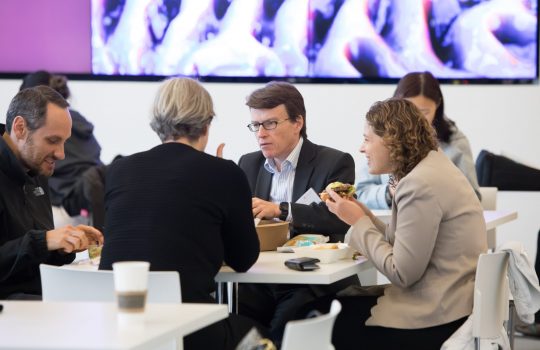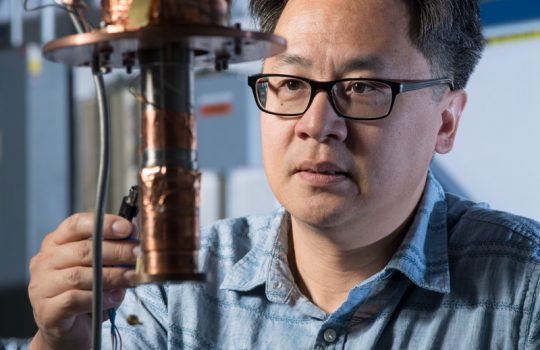Quantum project launched to solve dark matter mysteries
- Cardiff University
- dark matter
- gravity
- international collaboration
- international engagement
- photons
- quantum
- relativity
- University of Strathclyde
From University of Strathclyde-Glasgow, Jan. 13, 2021: Fermilab will take part in an international collaboration, led by Cardiff University, on quantum-enhanced interferometry for new physics. The project’s four table-top experiments may help explore new parameter spaces of photon-dark matter interaction, and seek answers to the long-standing question at the heart of modern science: How can gravity be united with the other fundamental forces?


